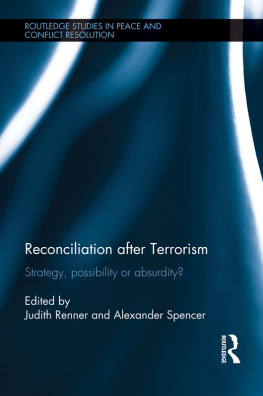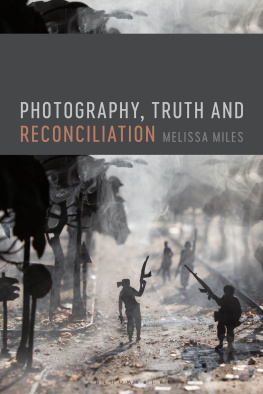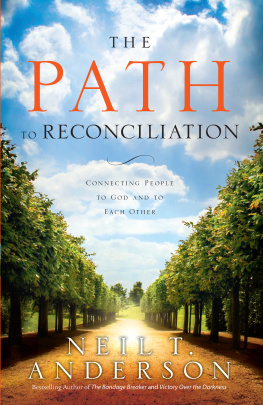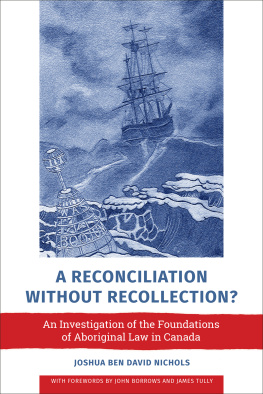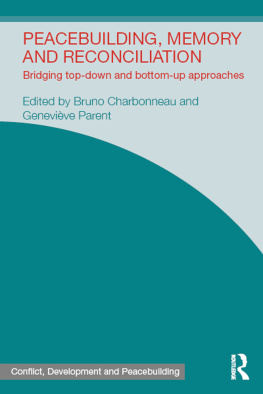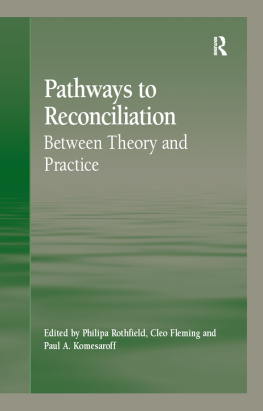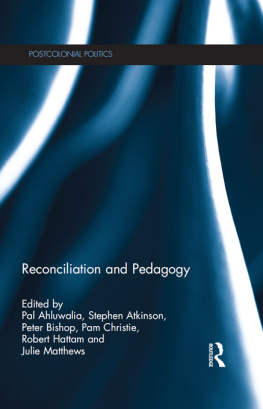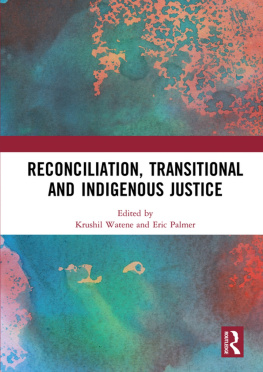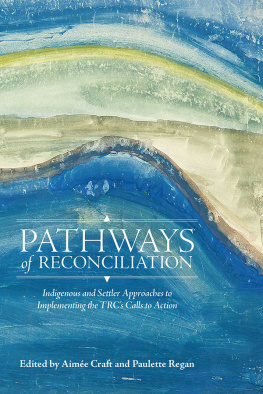Reconciliation after Terrorism
Reconciliation after Terrorism brings together scholars from the hitherto disparate fields of terrorism and reconciliation studies, in order to examine whether reconciliation is a possible strategy for dealing with and ending a terrorist conflict.
Although terrorist activities often play a role in situations of conflict and transition, terrorists are generally not taken into consideration as active participants by researchers and practitioners. In some cases, the terrorists turn into political actors during the reconciliation process and their past is not an issue anymore, as was the case with the ANC in South Africa. This book examines the notion of reconciliation with terrorists from a theoretical and empirical perspective.
The notion of engagement and reconciliation with terrorist groups is generally seen as problematic, if not impossible. This is somewhat surprising, given that the idea of societal reconciliation has become a common response to state terror although not usually in situations of conflict with sub-state terrorist actors. Similar to state terror, sub-state terrorism is a sign of a deep societal rift which reconciliation measures may help to overcome. This text investigates the reconciliatory process further, raising the central questions: (a) what constitutes reconciliation as a process and an outcome; and (b) how can reconciliation be facilitated in a situation of social conflict.
This book will be of much interest to students of terrorism studies, transitional justice, conflict resolution, peace and conflict studies and IR in general.
Judith Renner is a Research Fellow at the Ludwig-Maximilians University, Munich, Germany.
Alexander Spencer is an Assistant Professor at the Ludwig-Maximilians University, Munich, Germany.
Routledge Studies in Peace and Conflict Resolution
Series Editors: Tom Woodhouse and Oliver Ramsbotham
University of Bradford
Peace and Security in the Postmodern World
The OSCE and conflict resolution
Dennis J.D. Sandole
Truth Recovery and Justice after Conflict
Managing violent pasts
Marie Breen Smyth
Peace in International Relations
Oliver P. Richmond
Social Capital and Peace-Building
Creating and resolving conflict with trust and social networks
Edited by Michaelene Cox
Business, Conflict Resolution and Peacebuilding
Contributions from the private sector to address violent conflict
Derek Sweetman
Creativity and Conflict Resolution
Alternative pathways to peace
Tatsushi Arai
Climate Change and Armed Conflict
Hot and Cold Wars
James R. Lee
Transforming Violent Conflict
Radical disagreement, dialogue and survival
Oliver Ramsbotham
Governing Ethnic Conflict
Consociation, identity and the price of peace
Andrew Finlay
Political Discourse and Conflict Resolution
Debating peace in Northern Ireland
Edited by Katy Hayward and Catherine ODonnell
Economic Assistance and Conflict Transformation
Peacebuilding in Northern Ireland
Sean Byrne
Liberal Peacebuilding and Global Governance
Beyond the metropolis
David Roberts
A Post-Liberal Peace
Oliver P. Richmond
Peace Research
Theory and practice
Peter Wallensteen
Reconciliation after Terrorism
Strategy, possibility or absurdity?
Edited by Judith Renner and Alexander Spencer
Reconciliation after Terrorism
Strategy, possibility or absurdity?
Edited by Judith Renner and Alexander Spencer
First published 2012
by Routledge
2 Park Square, Milton Park, Abingdon, Oxon OX14 4RN
Simultaneously published in the USA and Canada
by Routledge
711 Third Avenue, New York, NY 10017
Routledge is an imprint of the Taylor & Francis Group, an informa business
2012 for selection and editorial material Judith Renner and Alexander Spencer; individual chapters, the contributors.
The right of the editors to be identified as the authors of the editorial material, and of the authors for their individual chapters, has been asserted in accordance with sections 77 and 78 of the Copyright, Designs and Patents Act 1988.
All rights reserved. No part of this book may be reprinted or reproduced or utilised in any form or by any electronic, mechanical, or other means, now known or hereafter invented, including photocopying and recording, or in any information storage or retrieval system, without permission in writing from the publishers.
Trademark notice: Product or corporate names may be trademarks or registered trademarks, and are used only for identification and explanation without intent to infringe.
British Library Cataloguing in Publication Data
A catalogue record for this book is available from the British Library
Library of Congress Cataloging in Publication Data
Reconciliation after terrorism: strategy, possibility or absurdity?/edited by Judith Renner, Alexander Spencer.
p. cm. (Routledge studies in peace and conflict resolution)
Includes bibliographical references and index.
1. Terrorism. 2. Reconciliation. 3. TerrorismCase studies. 4. ReconciliationCase studies. I. Renner, Judith, 1980 II. Spencer, Alexander, 1980
HV6431.R425 2012
363.325dc23
2011021677
ISBN: 978-0-415-58858-4 (hbk)
ISBN: 978-0-203-15685-8 (ebk)
Contents
JUDITH RENNER AND ALEXANDER SPENCER
JASON FRANKS
MICHAEL HUMPHREY
GNTHER PALLAVER AND MANUEL FASSER
MARIE BREEN-SMYTH
NOKUKHANYA MNCWABE AND HUGO VAN DERMERWE
DAVID SCOTT PALMER
KATRIN PLANTA AND CAROLIN GOERZIG
HARMONIE TOROS
YEHUDITH AUERBACH AND IFAT MAOZ
JUDITH RENNER AND ALEXANDER SPENCER
Illustrations
Figures
Tables
Contributors
Yehudith Auerbach is a Senior Lecturer in the department of Political Science and head of the Division of Communication and Journalism Studies at Bar Ilan University. She has published articles about such Israeli leaders as David Ben-Gurion, Moshe Dayan, Yigal Alon and Yithak Rabin. Her main research interest is conflict resolution and reconciliation processes between enemies in protracted, identity-based conflicts and the role of the media in these processes. Her studies were published in academic journals such as: Journal of Conflict Resolution, Journal of Peace Research and Harvard International Journal of Press/Politics.
Marie Breen-Smyth is Professor of International Politics at the University of Surrey. Previously, she was Director of the Centre for the Study of Radicalisation and Contemporary Political Violence (CSRV) and Reader in the Department of International Politics, Aberystwyth University. She was Jennings Randolph Senior Fellow, United States Institute of Peace and founded and directed the Institute for Conflict Research. Her recent books and edited volumes include The Ashgate Research Companion on Political Violence (Ashgate, 2011); Terrorism: A Critical Introduction (with Richard Jackson, Lee Jarvis and Jeroen Gunning, Palgrave, 2011); Critical Terrorism Studies: A New Research Agenda

